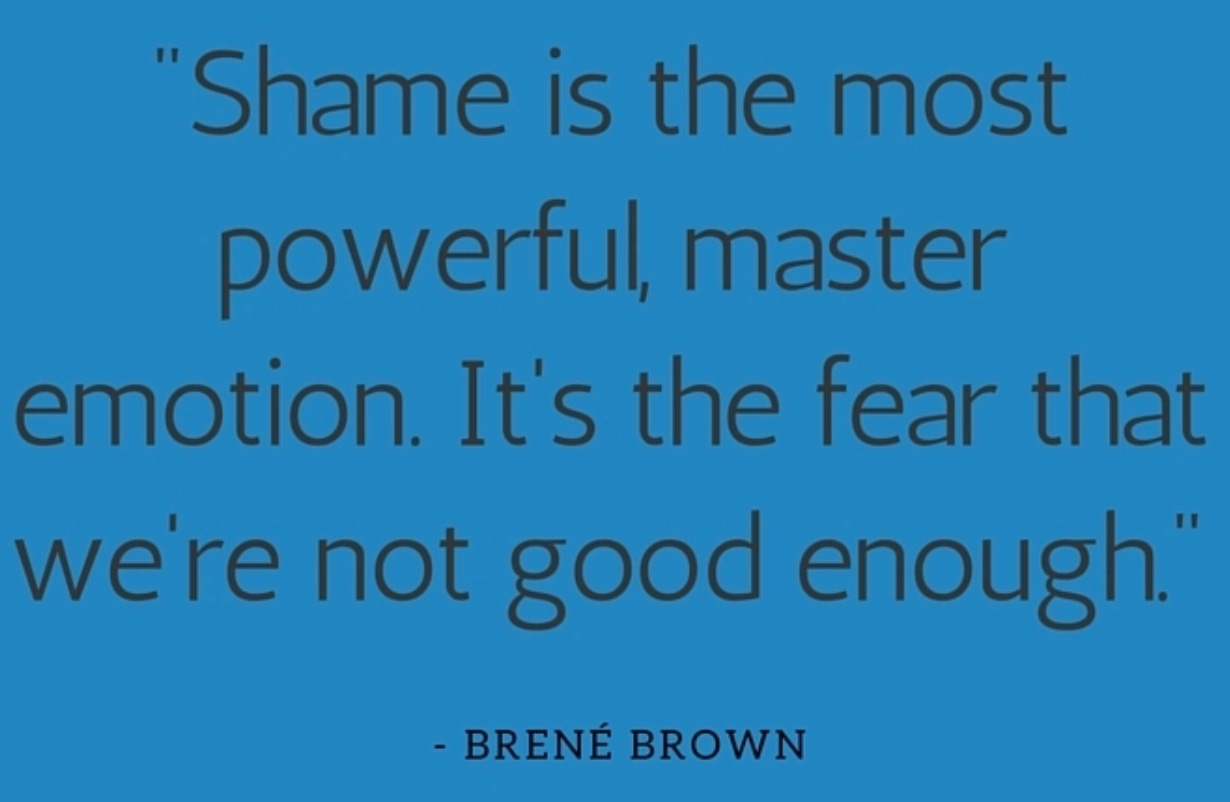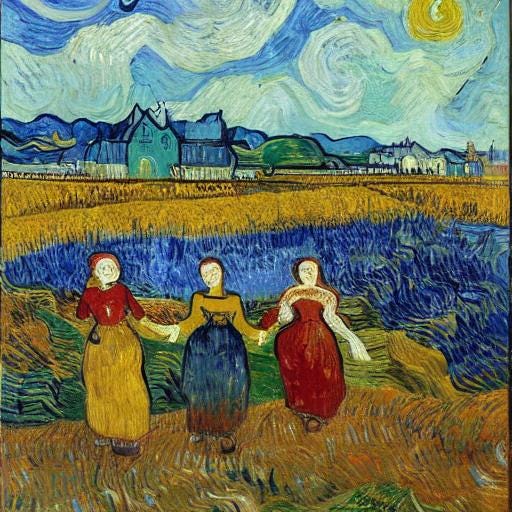Navigating the Complexities of Family
A Journey as Daughter-in-Law and Mother-in-Law
As one of three girls in my family, I am also one of three moms who will be mothers-in-law when their children marry. I am sure we never gave this a thought when running around the deck at swim meets or having our first drink together in a bar with my father and stepmother. But now, joyful news comes from our family.
My nephew got engaged. It wasn't unexpected but it's beautiful, nonetheless. And I know my sister loves her soon-to-be daughter-in-law. My sister has had the delight to watch her son meet his soon-to-be wife in college and watch them navigate college and degrees, fraternities and sororities, and launching separately and together into adulthood. My sister is on her way to the new role of mother-in-law.
I was reminded of my own experience when I was standing on that threshold of a new identity…. Mother-in-law. There isn't a more mocked or demeaned member of the family, am I right? My own experience as a mother-in-law has been a bit like a roller coaster ride, lots of ups and downs and unknowns. I suspect if asked, my daughter-in-law might cast me into the stereotypical model of the mother that happens to come with her husband, no more, no less.
I do have peace about this. My son is desperately happy in his marriage. His growth as a person and a husband have been amazing to watch as they unfold in this partnership with his person. As a mother-in-law, I learned quickly that I had to stay in my lane. As I stood on the threshold of mother-in-law-hood, ready to jump, I found I was not quite as welcomed as I had hoped. It happens, and while details of this would likely be interesting to you, dear reader, the question I'm wondering about today is, "What kind of daughter-in-law am I?" Sometimes looking in that mirror can be a hard thing to do.
Looking back, I realize that I wasn't the best daughter-in-law to my mother-in-law when our relationship first began – or even as it continued through the years. Mother Teresa once said, when speaking about humility, that we should accept each other's contradictions, pass over the mistakes of others, and be kind and gentle even when under provocation. I struggled to embody these principles in my relationship with my mother-in-law, despite the acceptance she showed me from the very start of my relationship with her.
When I first entered the family, I was a divorced woman with two young boys. Many mothers might have been hesitant or even resistant to welcome someone with such a past into their son's life. But not my mother-in-law. She embraced me with open arms, excited to take on her new roles as both a mother-in-law and a grandmother. She asked me all sorts of questions about my sons, eager to get to know them and to make them feel loved and accepted in their new family.
Despite these gifts of love and acceptance, I found myself focusing more on what my mother-in-law did wrong than what she got right. I let my own insecurities and expectations cloud my judgment, causing me to be less than gracious in my interactions with her. When she asked what to wear to our wedding, I thought I was being flexible by telling her she could wear anything she wanted, as long as it was a specific color. Now, I understand that my actions may have been interpreted as less than warm or welcoming, or even grateful for the sincere acceptance she was showing me. Maybe she just wanted time with me to shop together and prepare for her son’s wedding.
Like all of us, my mother-in-law had her quirks and idiosyncrasies. Little things that, in the grand scheme of life, were insignificant. But for some time, I allowed these small matters to become big irritations in my mind. I'm embarrassed to admit that I even shared these frustrations with my closest friend, venting about my mother-in-law's human flaws rather than focusing on the many efforts she was making to build a relationship with me.
By focusing on my mother-in-law's flaws and quirks, I missed countless opportunities to nurture a meaningful relationship with her. She was open and vulnerable, willing to build a connection, but I let my own insecurities and judgments create a barrier between us. My inability to accept her as she was, with human imperfections, prevented me from reciprocating her vulnerability and building the kind of relationship we both deserved.
As Brene´ Brown has taught us, shame can be a powerful barrier to connection and vulnerability. Even now, as I write this, I feel the weight of shame bearing down on me. But I refuse to let it stop me from sharing the truth of how I acted even if I show myself some grace and acknowledge my endless flaws as a human being. In my early years as a daughter-in-law, I kept my focus on my mother-in-law's quirks, and this narrow perspective blinded me to the connection she was offering.
I turned my back on the opportunity to build a deeper relationship because I was not willing to be vulnerable and accept her as she was, flaws and all. I let my own insecurities and judgments dictate my actions, and in doing so, I missed out on the chance to create a truly meaningful bond with this person who likely wanted a connection to her son’s wife just as I wanted one with my own daughter in law.
Time passes and stories come to light. I was a mom with young children, and then older children, but still in charge and wanting things my way. My in-laws live far away and throughout our marriage, they have been the people traveling back and forth to see us. I would see it as a hassle, these visits, as something to endure as we were so busy, and houseguests made this more stressful for me. See that? Focusing on the self and not on others. Not cool nor graceful nor loving.
Over time, I began to understand the wisdom in Mother Teresa's words. I started to accept my mother-in-law's contradictions and pass over her mistakes. I worked on being kind and gentle, even when I felt provoked. Through this process, I slowly let go of my shame over the ways I interacted with my mother-in-law in the past. It has not been an easy journey, but it led me to the more loving, supportive relationship I have with my mother-in-law today.
The first pivotal change in my relationship with my mother-in-law came when I was on that threshold of becoming a mother-in-law myself. I struggled to find my footing in building a relationship with my new daughter-in-law. There were times in the wedding planning process where I felt left out or really made a mistake and stepped in it, so to speak.
I was so happy for my son and at the same time so lost standing on the threshold of a new family makeup. In a moment of vulnerability, I reached out to my mother-in-law. Really, she didn't need to be kind to me, but she was. She seemed, more than anyone else, to know how much I wanted a strong connection to my daughter-in-law and how lost and hurt I was feeling.
The wedding day came and as it got closer, I was so insecure in myself that it is a miracle I was dressed and ready to go. Ask my sisters. And my niece. The texts and calls and stressed-out mother-of-the-groom moments were over the top. I was feeling like I could not be myself and no matter what I did, I would make a mistake. My sisters and my niece carried me through the Tunnel of Insecurity. Their love and support helped me become grounded and able to focus on preparing to enjoy this special day. I am eternally grateful to them for this and so blessed to have such strong, loving women in my life.
Amidst the whirlwind of emotions and preparations, an unexpected moment of connection emerged, transforming my relationship with my mother-in-law. The wedding day preparations became a gift, bringing us together in a way I hadn't anticipated.
She came to my room while my niece and I had our hair done. When I asked her to choose the jewelry for my hair, because it was going on the back of my head and I could not see it, she cried. As my sister zipped up the back of my dress, it was as if a dove was passing over us, absolving us of our past mistakes and misunderstandings as daughter-in-law and mother-in-law. I appreciate how hokey this sounds, and maybe even a bit to cliche´. But from my perspecitve, something left our relationship that day, shifting us in a different direction.
Two months later, the pandemic began, and we were all locked in our homes. I found myself worrying about my in-laws. A lot. They did not take to Instacart but instead were determined to grocery shop for themselves. For the first time, I was concerned that I could lose them. My mother-in-law is a voracious reader like I am, so as I finished reading book after book, I started packing them in a box. I'd send them to her, and she was so grateful. So was I because when you are living through a pandemic, spending hours talking about books you have read is like going to a vacation destination. These conversations deepened our bond and helped me see her in a new light.
As I reflect on my experiences as both a daughter-in-law and a mother-in-law, I am struck by the transformative power of vulnerability, acceptance, and forgiveness. My journey has been one of growth and self-discovery, marked by moments of insecurity, shame, and missed opportunities, but also by profound connections, unexpected gifts, and the unwavering support of the strong, loving women in my life.
Through the lens of Mother Teresa's wisdom and Brené Brown's insights on shame and vulnerability, I have come to understand the importance of accepting others' contradictions, passing over mistakes, and leading with kindness and gentleness. By letting go of my own insecurities and judgments, I have been able to open myself up to the love and acceptance that my mother-in-law has offered me from the very beginning.
The turning points in our relationship – the wedding day preparations, the pandemic-era book exchanges, and the conversations that followed – have shown me the depth of connection that can emerge when we allow ourselves to be vulnerable and open to one another. These moments have not only strengthened our bond but have also taught me invaluable lessons about the kind of mother-in-law I want to be.
As I continue to navigate the complexities and joys of these roles, I am embracing vulnerability, offering forgiveness, and nurturing the relationships that matter most to me. By working through shame and focusing on loving kindness, I believe we can build family bonds that are resilient, enduring, and filled with grace. It is through these connections – the laughter, the tears, and the quiet moments of understanding – that we come to know the true essence of family: a timeless bond that endures, evolves, and strengthens with each shared experience and every act of love.




